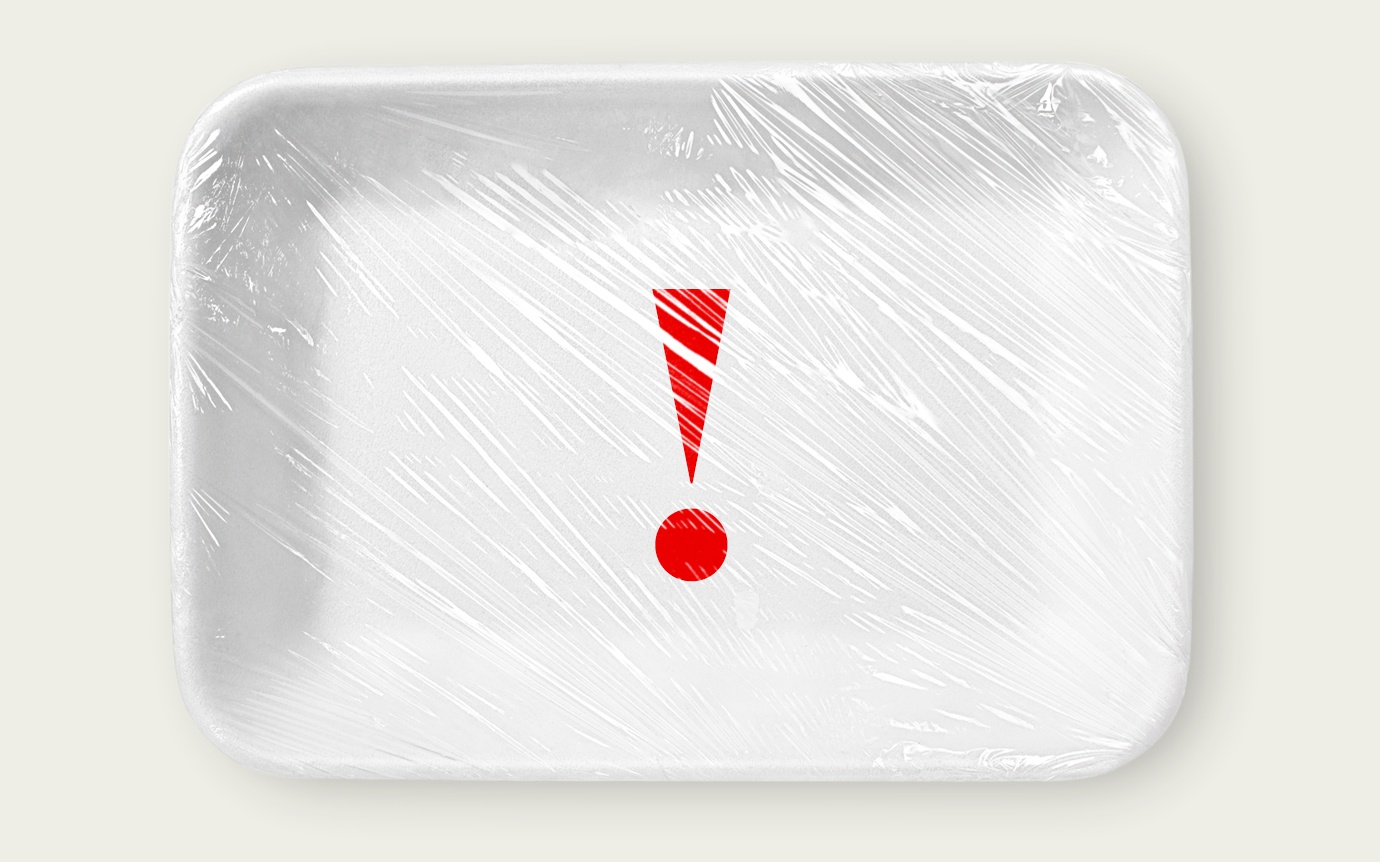As we all remember to tote our reusable bags into our local supermarket, and as some very significant manufacturers commit to packaging change – Countdown, Foodstuffs and Frucor Suntory recently joined the NZ subsidiaries of Amcor, Danone, L’Oréal, Mars, Nestlé, PepsiCo, The Coca-Cola Company and Unilever in signing the ‘New Zealand Plastic Packaging Declaration’ and affirmed that they will work toward using 100% reusable, recyclable or compostable packaging by 2025 or earlier.
Packaging formats are going to be rocketing up the agenda for all businesses in the next 6 years or less.
We sat down to chat with Lawrence Olsen, Managing Director of Exemplar – a packaging solutions provider for NZ and Australia – to find out what’s hot and what’s not. And apparently plastic is not necessarily a not! Bio-based packaging standards are currently unregulated, and as this kind of packaging does not fully break down, they are not necessarily our magic bullet.
Lawrence shined a light on the cold hard realities dictating positive eco packaging change for today’s businesses.
What’s potentially not hot:
1. Manufacturing machinery
Eco packaging options have been developed and available for some time now, from the ability to endlessly recycle the same plastic, instead of creating more, to hybrid compostable and plastic solutions, to fully compostable options.
But the brakes come on if a business cannot adapt its plant to the already available eco pack formats.
2. Shelf life
Even more critically, many of the seemingly desirable pack solutions above do not provide business-sustainable product shelf life. Which leads to food waste, a whole other planetary problem.
Eco packaging that supports good product shelf life is a special area of development for Exemplar. He is advising those businesses savvy enough to be investing in change now that although set up costs can look high, the payoffs further down the track are lucrative, as other businesses seek alliances and supply deals with these pioneers. He has seen it happen.
Here are his next 2 hot points:
1. Eco pack education
Current national understanding of what to recycle and how to recycle it would likely get an F grade at Eco School. For example, compostable bin liners need to be composted to home compost bins. And if you don’t have one, as many don’t, those liners go straight to the landfill. And who is doing their compost bin properly anyway? Certain recyclable packaging needs to have the lids binned but the containers recycled, and debates are rife over whether you need to keep the lids on or off your milk, water and other beverage bottles.
He would like to see a more consolidated effort from our government leaders – local and national – to help clarify what is currently a very confusing array of options and instructions.
Businesses, too, can help by devoting more care and attention to educating their customers about how to best handle their own empty packs.
2. More infrastructure
In New Zealand we are limited by our current recycling plant infrastructure in how much and what types of products we can recycle without having to send these offshore. Opportunities are a-plenty in this space. The demand is only going to increase.
Lawrence says, packaging is not the enemy, and can save more than it costs. It’s the way we dispose of it that is the problem, so consumers need to get on board and be part of the solution.
With the changes being made by some of the largest retailers, legal changes being implemented at government level, and the only growing consumer demand for eco friendly products, this is the land of opportunity. Let’s all get on the bandwagon of change.
